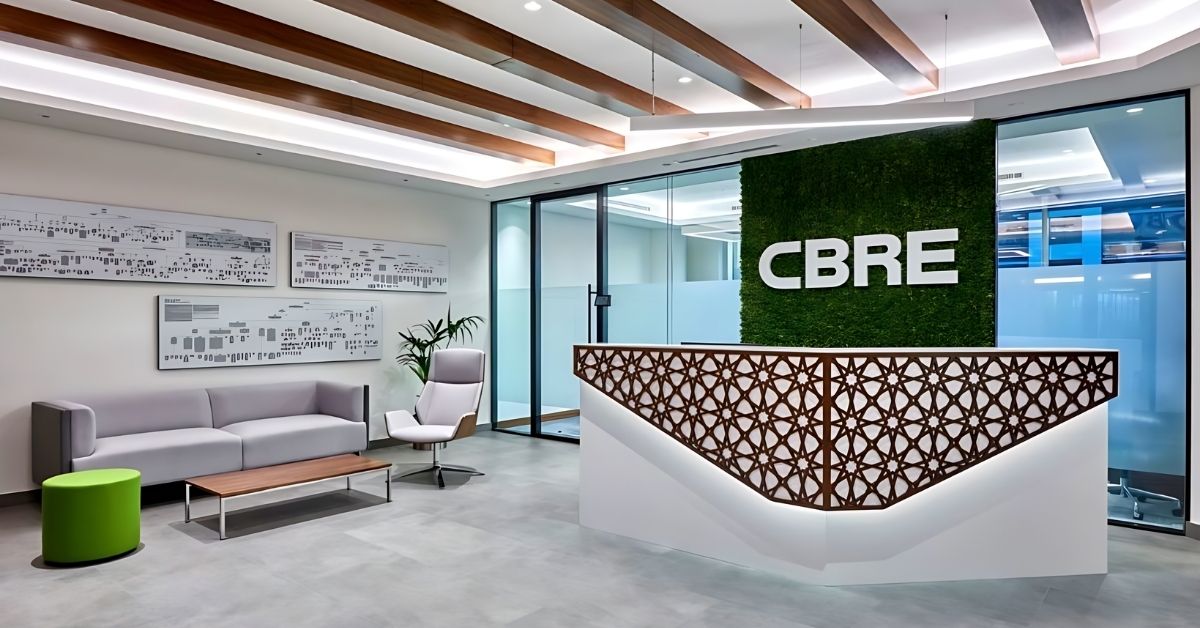DUBAI, UAE — The facilities management industry in the GCC is projected to grow at a CAGR of 10.1 percent from 2020 to 2030, up from its 2019 value of $53,804.3 million, according to a latest report. The Prescient & Strategic Intelligence Private Limited Consultancy report estimates that the GCC market will generate revenues of US$ 137,297.8 million by 2030.
The demand for FM services in multi-family and commercial buildings, factories, and public works projects fuels the GCC’s FM market growth. Another significant driver is the increasing focus on eco-friendly practices. The report also credits the booming tourist sector as a primary contributor to the GCC’s impressive economic growth, with government policies in the GCC nations bolstering the hospitality, tourism, and travel sectors.
Growth expectations
The GCC’s facility management market spans residential, industrial, and commercial sectors. The commercial sector has seen the most growth in recent years due to significant investments in commercial real estate.
The market for GCC facility management is set to experience substantial growth in Saudi Arabia in the coming years, spurred by real estate projects like the Al Widyan Project by 2020, the Red Sea Project by 2030, and Amaala by 2028. These initiatives offer vast expansion opportunities for existing companies in the field. Numerous multinational corporations are forging partnerships with local businesses to expand their customer base.
UAE market
Research from Mordor Intelligence predicts the UAE FM market will grow from US$ 7.14 billion in 2023 to US$ 9.87 billion by 2028, with a CAGR of 6.68 percent between 2023 and 2028.
The rise in tourist-centric establishments and strict safety, cleanliness, and hygiene standards in the UAE are primary drivers for this growth. Facility management services have matured in cities like Dubai, Abu Dhabi, Sharjah, Ras al Khaimah, Umm al Quwain, and Ajman, aligning with the surge in infrastructure development projects essential for economic growth.

The UAE’s focus on environmentally responsible building methods and the government’s push for “smart cities” also contribute to the demand for FM. The commercial and retail segment, bolstered by the growth of hotels, retail outlets, malls, and office buildings, plays a significant role in the UAE’s FM sector.
Notably, Dubai leads in commercial construction projects. The Dubai Expo 2020, held in March 2022 with a US$ 7 billion investment from the Dubai government, further amplified the demand for FM services in the retail sector.
CBRE solutions
More than 20,000 client sites, totaling 1 billion sq. ft., will utilize CBRE’s Smart Facilities Management (FM) Solutions to enhance operational reliability and efficiency.
According to Bill Hayden, President of Enterprise Global Services at CBRE Global Workplace Solutions, Smart FM solutions offer clients heightened efficiency and operational reliability. They also reduce carbon emissions and lower costs through connected building automation, IoT, AI, and advanced analytics.
In an interview with TRENDS, Hayden said, “Because we offer our solutions at scale, we can provide a holistic approach to facility management across a client’s entire portfolio. The Smart FM Solutions from CBRE can be deployed over existing investments clients have made in their building or implemented from the ground up if clients have not invested in building technologies.”
CBRE’s Nexus artificial intelligence (AI) platform, combined with its vast repository of building operations and usage data (the industry’s largest), powers CBRE’s Smart FM Solutions. These solutions deliver actionable insights that optimize FM workflows and outcomes.
Focus on environment
CBRE’s innovative FM solutions include Virtual Maintenance, which merges remote monitoring, diagnostics, alarm triage, and advanced analytics. Automated Maintenance provides real-time asset performance data and automates compliance reporting and asset inspections. Dynamic Services offers AI-driven data insights on space utilization, enhancing the employee experience.
Hayden highlighted that innovative FM solutions, powered by CBRE Nexus, can help clients slash energy consumption by up to 20 percent. Dynamic Services, with its AI-driven insights, can detect when a room is unoccupied, allowing service providers to conserve energy by dimming lights and adjusting thermostats.
Virtual Assistance enables CBRE to monitor asset statuses continuously. For instance, if an air conditioner malfunctions and consumes excess energy, the service provider can address the issue proactively, as Hayden pointed out. Moreover, Virtual Maintenance can manage essential maintenance tasks, negating the need to dispatch specialists to individual sites. CBRE’s remote operations managers can relay detailed information to the technician, whether an in-house employee or a third-party vendor, increasing the chances of resolving the issue on the first visit.
MENA plans
The MENA region is one of the areas where CBRE’s innovative FM solutions are available, with plans for further expansion. “Our offerings are consistently available across all the regions we operate in. However, our clients differ in industry types, maturity in reaching their net zero targets, and more,” Hayden said.
These technologies will undoubtedly decrease the GCC’s energy dependence while also reducing costs, as maintaining commercial real estate can be both expensive and inefficient. “Leveraging smarter solutions to ensure energy is used only when necessary is crucial for reducing energy consumption and achieving net zero emissions targets,” Hayden emphasized.








